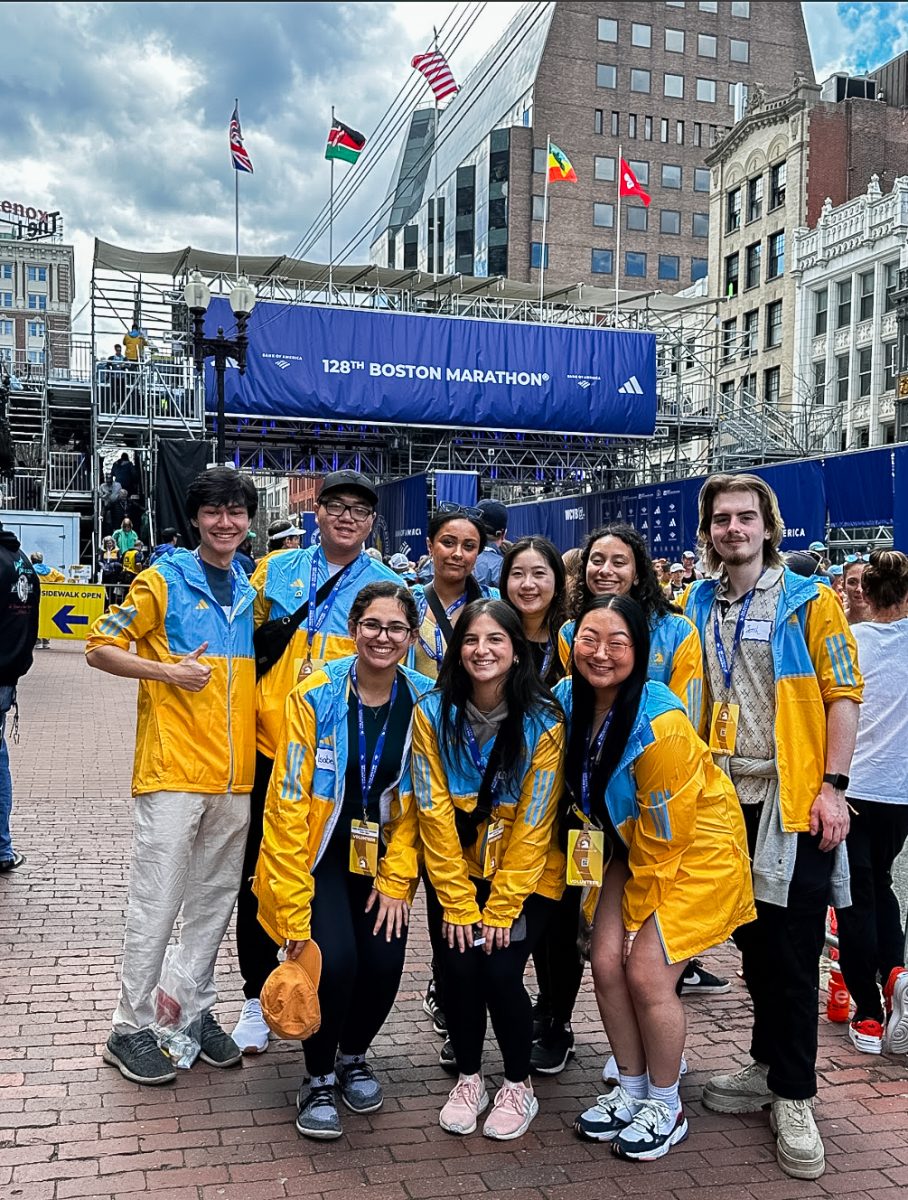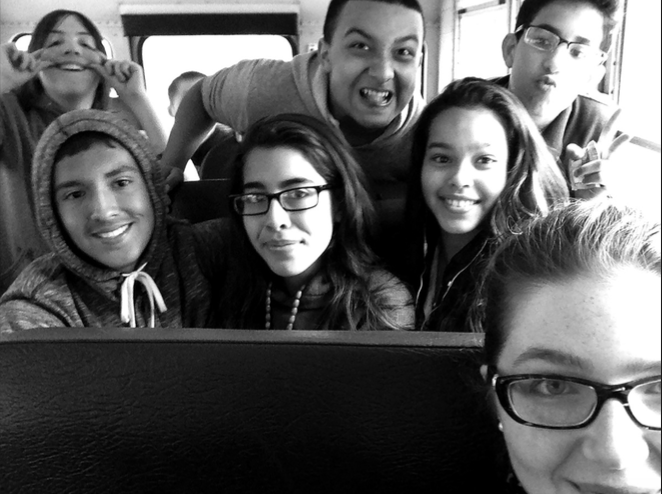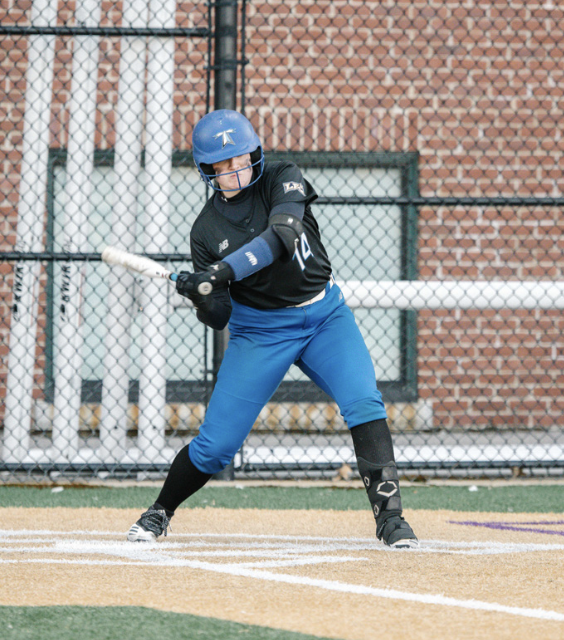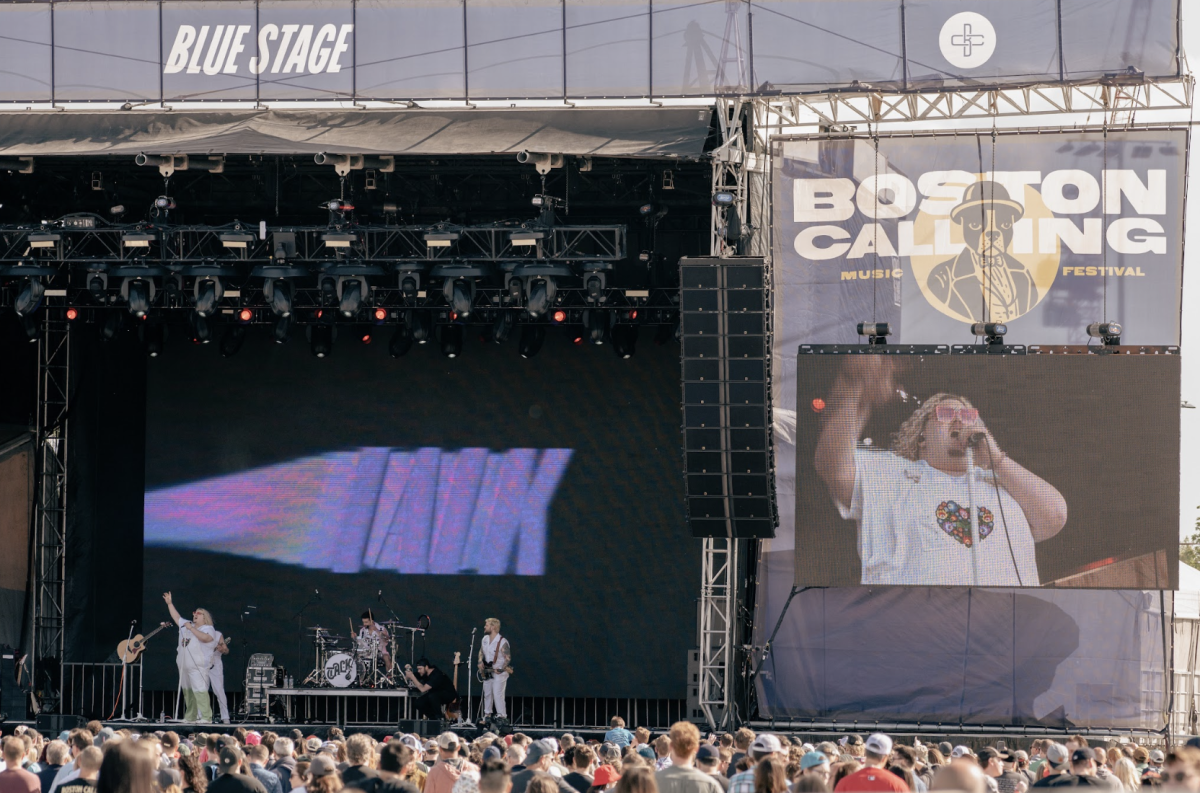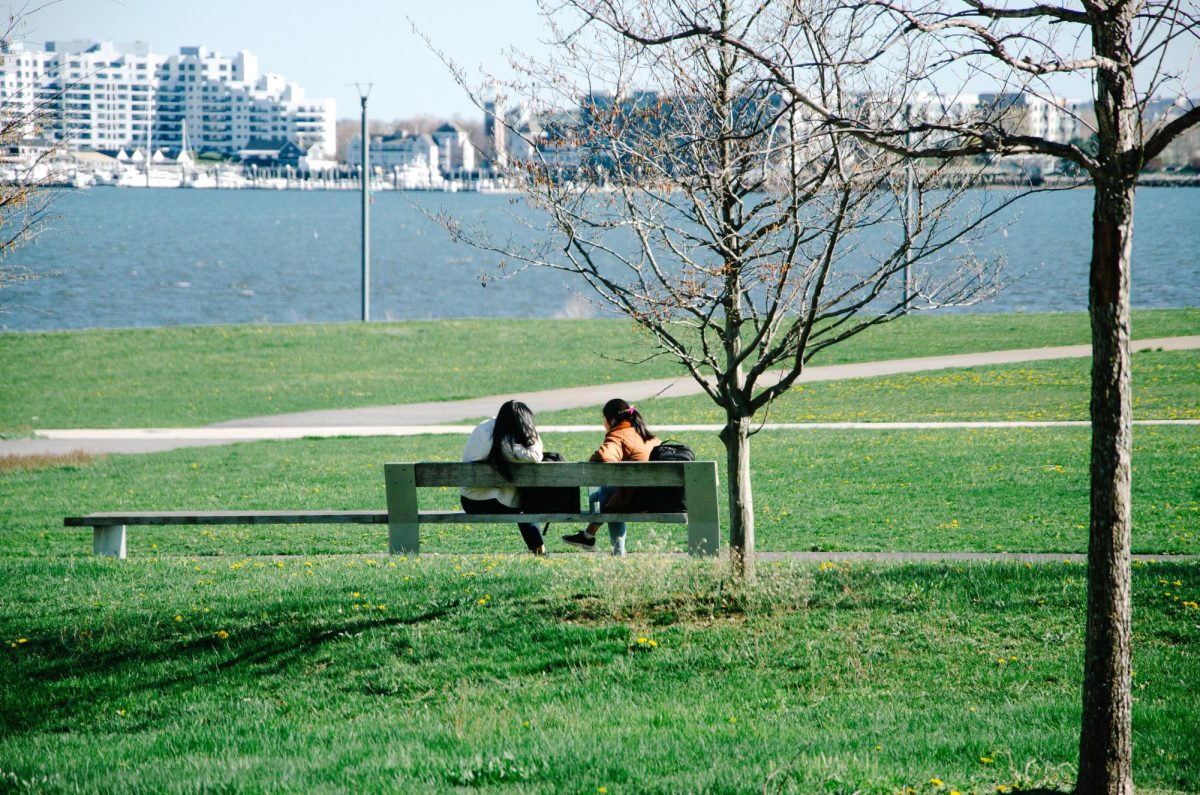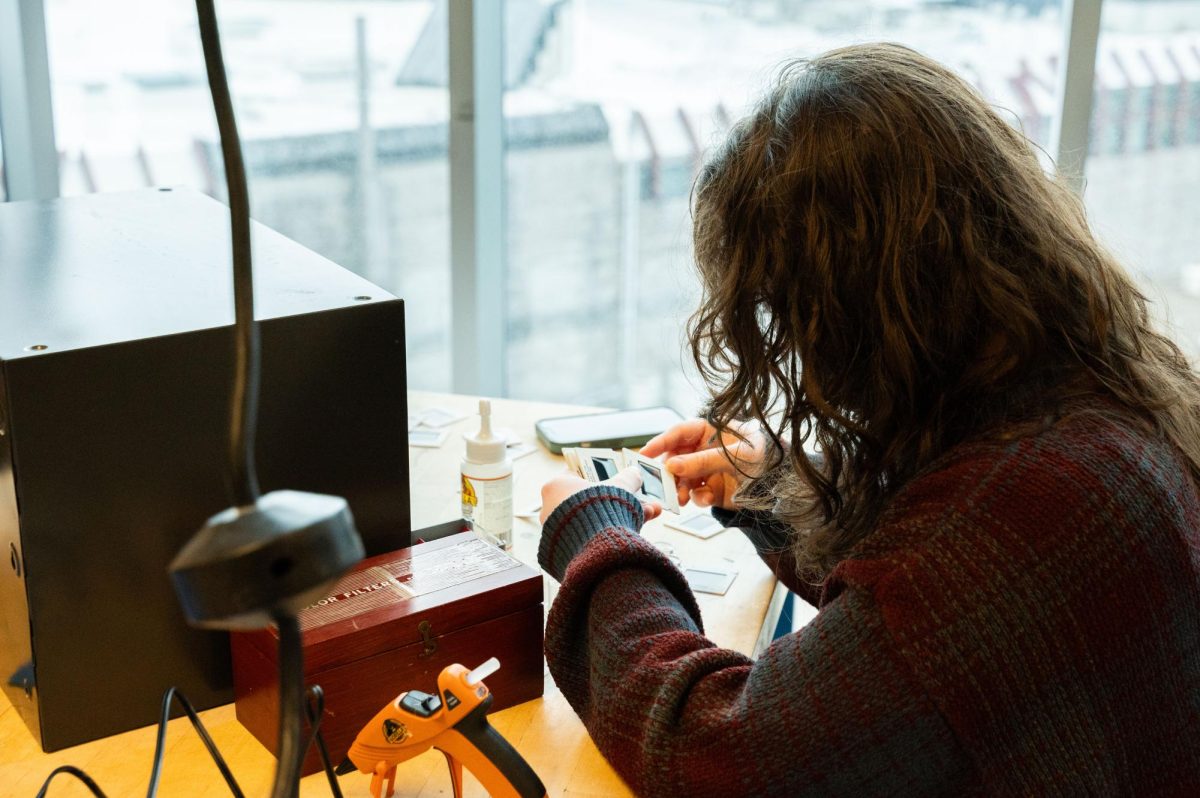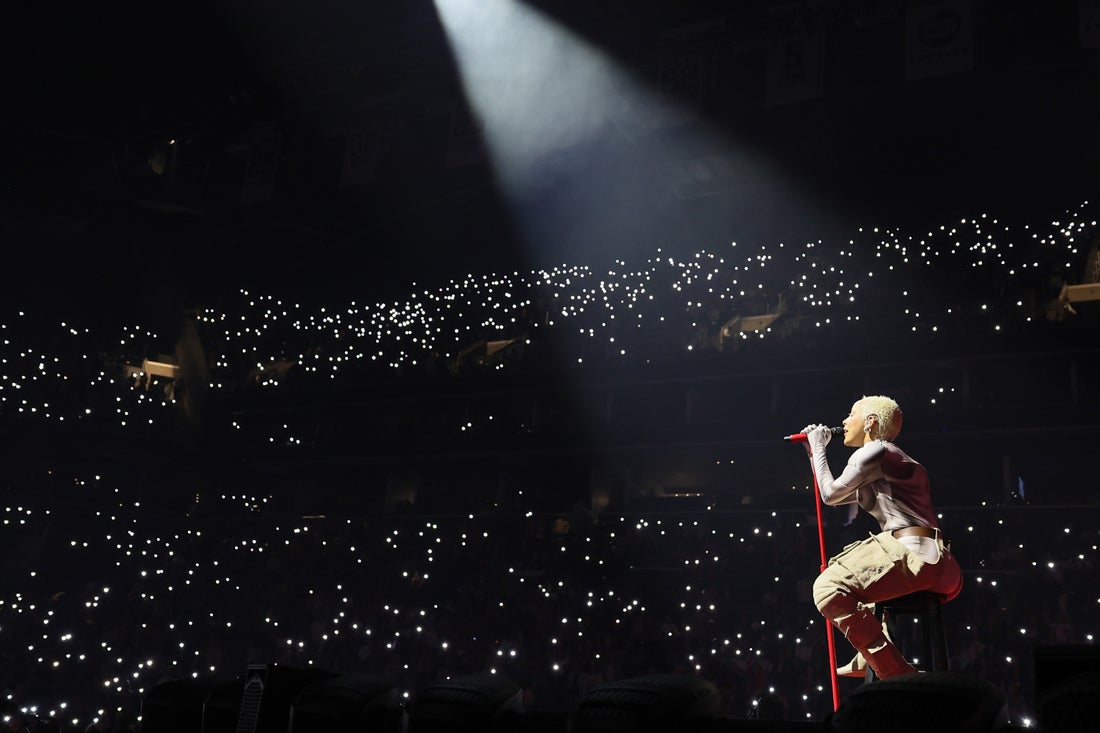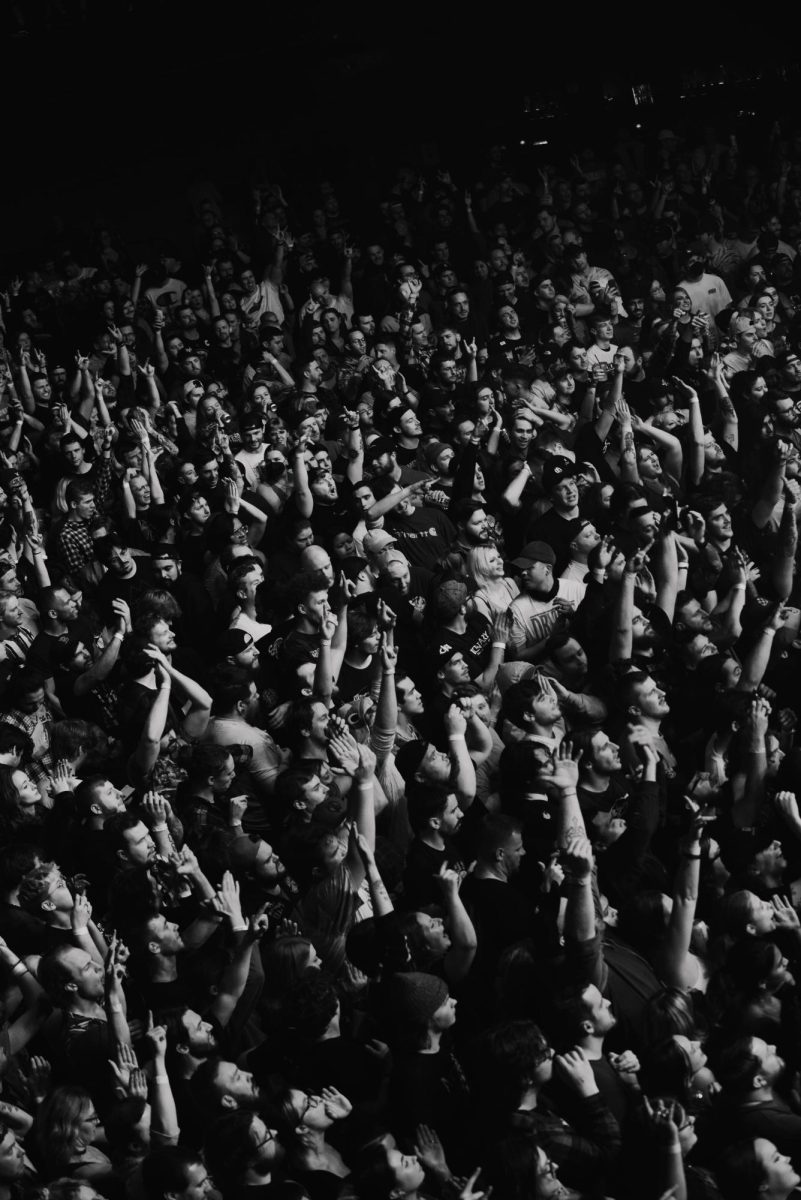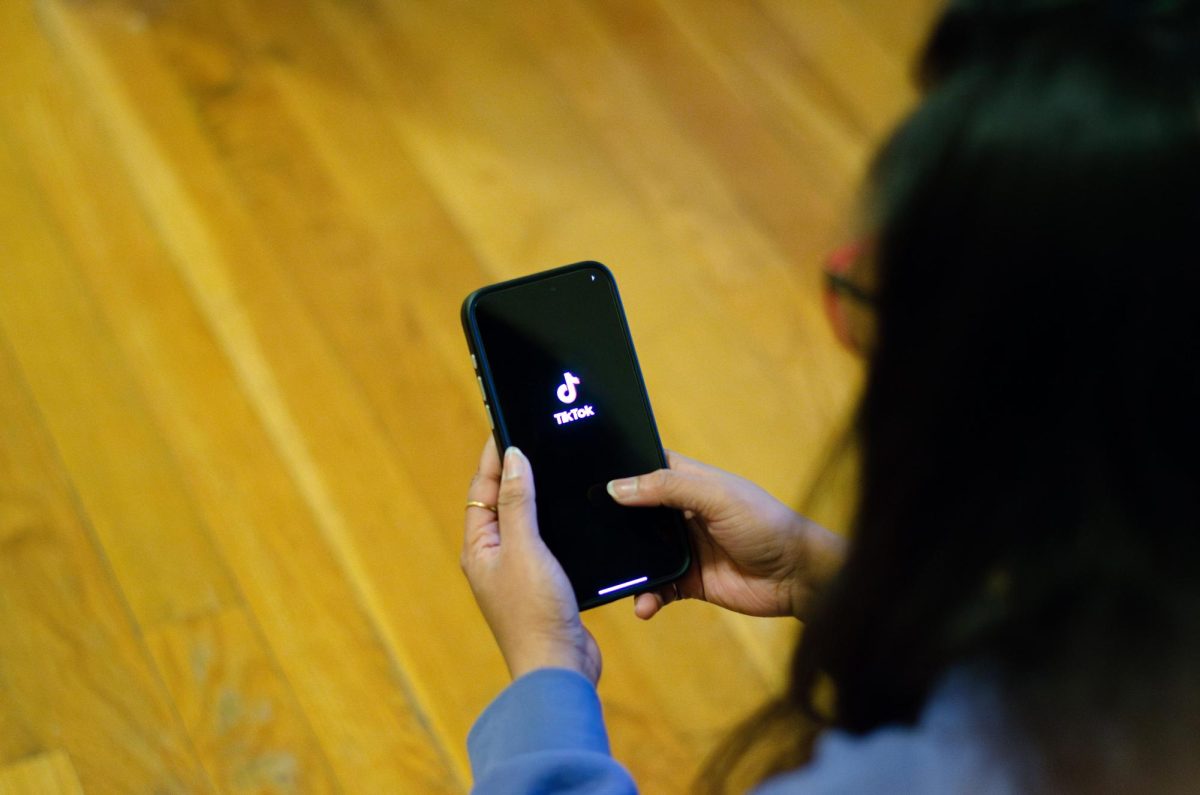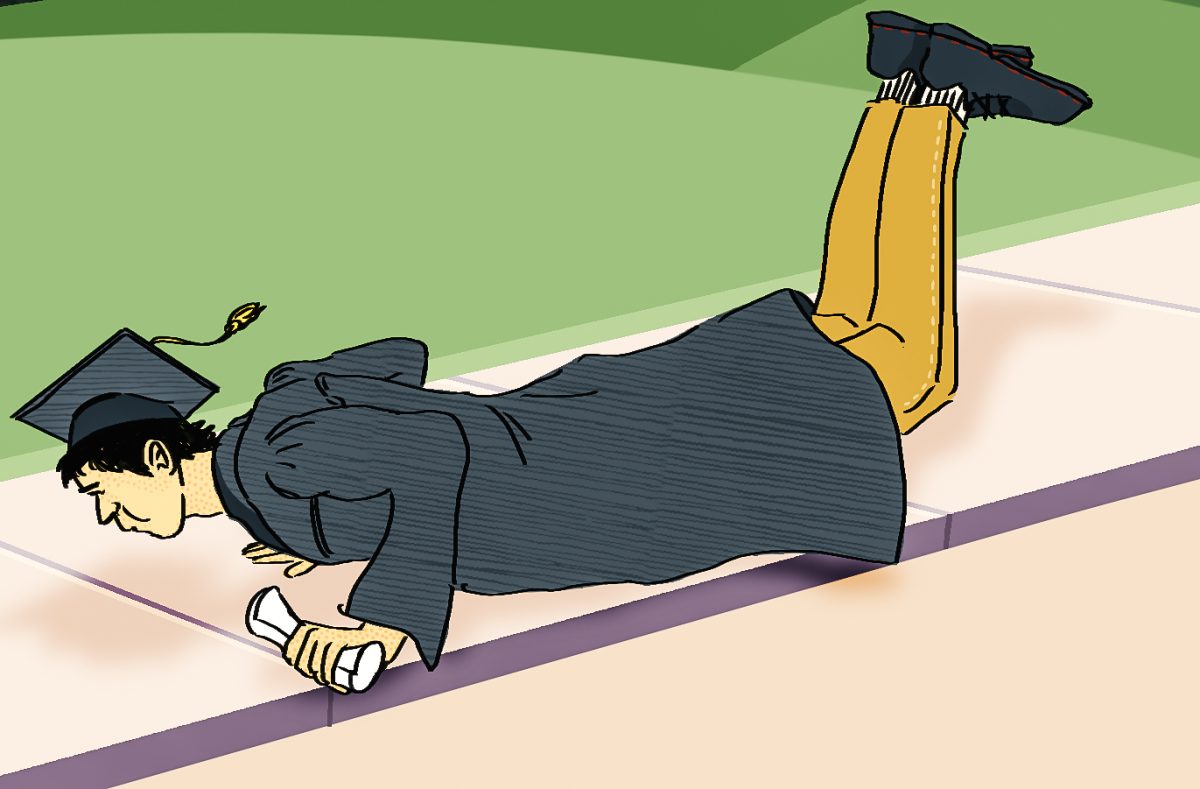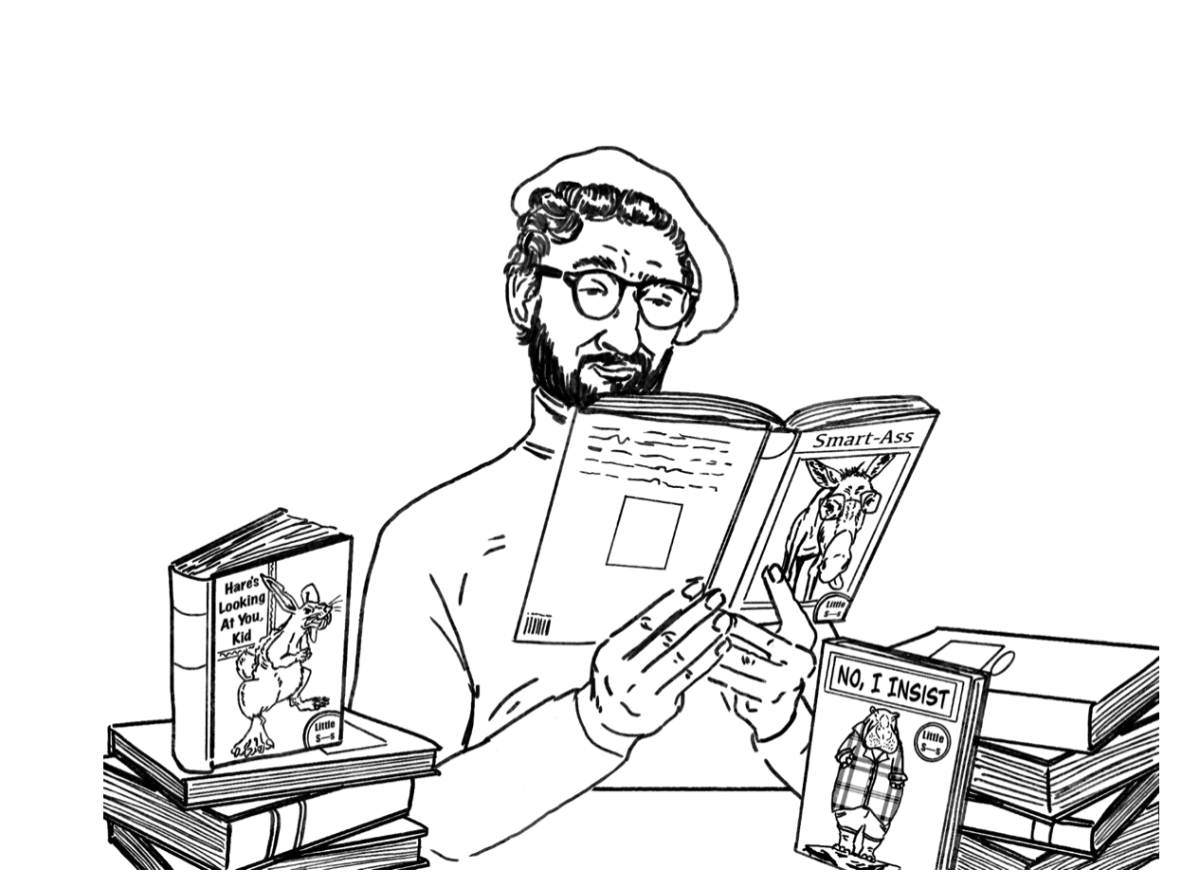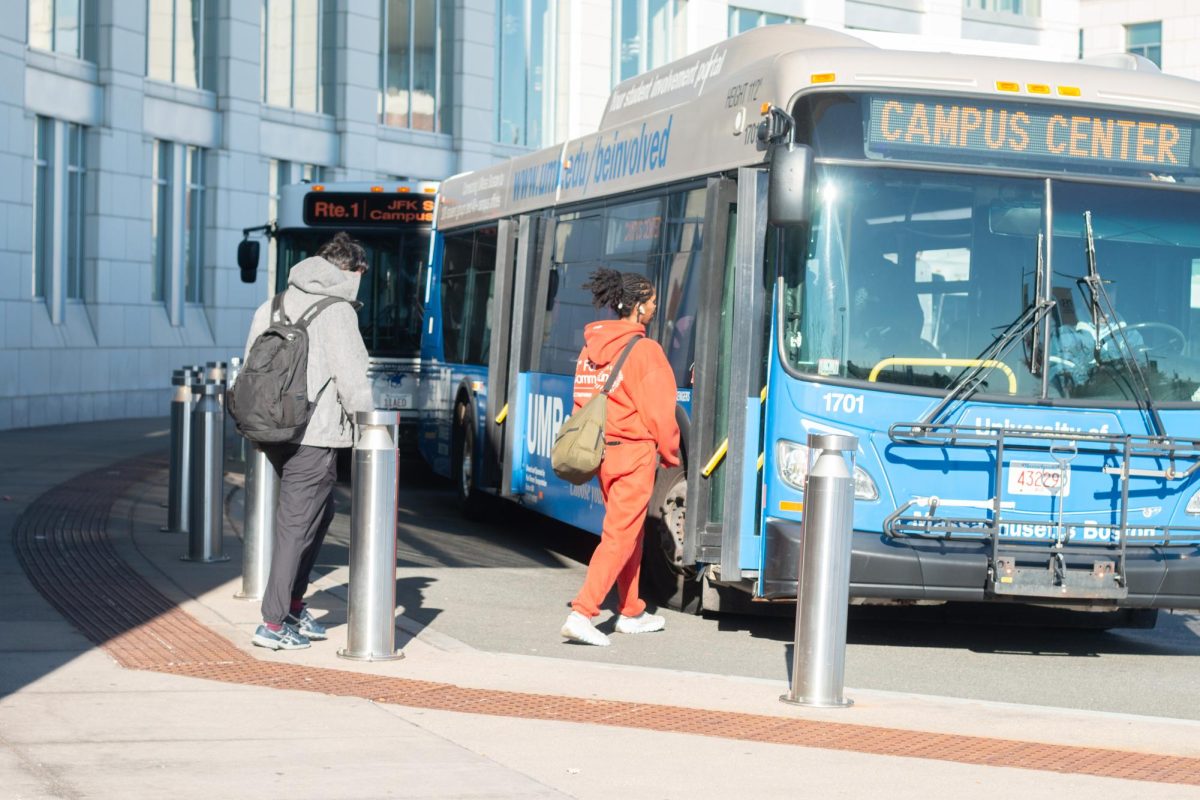It’s no surprise to commuters that the transportation system in Boston is far from perfect. The issues appear never-ending, and even with the recent shutdown of the Ashmont line for repairs, things continue to decline. For many commuters at UMass Boston, this adds traveling obstacles that can sometimes be unforeseeable.
One of the most prevalent issues that need to be resolved is the terrible delays that can easily last for over 20 minutes. There have been times when I’ve been stranded at a station for 40 minutes, with no estimated arrival time on the boards that hang in the station. As a student that already has to get up unreasonably early to make it to class on time, the idea that I must orient my schedule around possible 20 minute—or more—delays is a bit ridiculous.
Regarding the shuttles that replaced the trains on the Ashmont line, I was able to acknowledge the pros and cons of the situation. For one, the buses were at least frequent, unlike the trains. They came about every 6 minutes, and I was never left waiting for long, if at all. This aspect is something I miss now that the trains are officially running, and I find myself having to wait 30 minutes in the cold for the next Ashmont train at JFK.
The con, however, was the obvious fact that buses must drive on a street with other cars, and the traffic showed no mercy. I would be stuck in one spot for 20 minutes just between Savin Hill and JFK due to rush-hour, when that one stop would’ve taken three minutes on the train. Commuting to Ashmont on the shuttles would take around 50 minutes, and as normal, the passengers are expected to just alter their schedule around the unpredictability.
Apart from the shuttles and the two-week break in service on the Ashmont line, the other lines aren’t much better. The green line often suffers electrical issues with both their trains and stations. A fellow classmate, Irina, told me last week that she got stuck at Kenmore for 45 minutes due to a train a few stations ahead of her completely losing power, resulting in the entire inbound part of the station being put out of commission. There was also the event that occurred last year where a train started sparking and created a lot of loud noises, frightening many of the riders. The MBTA has never functioned properly, and with how drastic some of these errors can be, I’m shocked that things never seem to improve.
Another critical issue revolves around the workers themselves. There is a lack of workers at certain stations, and the ones that are there are often very cold and dismissive towards people who need extra help. As someone with a disability, there’s no illusion of the fact that most train stations are in bad condition and appear to have no regular maintenance, which largely affects people with limitations. Yet, when we need assistance, the desk that’s meant to have a station helper is empty, leaving us to find our own solutions.
On the other hand, some of the workers who are either at the stations or driving the buses make you feel like you should be ashamed of asking for extra help. They’ll have an attitude and act as though they don’t want to be there, which, in a job that is primarily customer focused, should not be the case. I’ve seen the workers act hostile towards the elderly, children and people with disabilities, and it’s always so disheartening to see. Of course, I’ve met some MBTA workers who have gone above and beyond to be accommodating, but the number of people who don’t even have a baseline level of kindness leaves a bad taste in my mouth.
When it comes to our transportation system, it feels like the riders don’t ever really win. There is a lot that needs to be done in terms of reliability that would allow the MBTA to be back in the good graces of the public, but this is why expressing our frustration is so important. Almost everyone I know has a horror story when it comes to the MBTA, and it often brings us together to simply vent about the misery that is our daily commutes. Thousands of riders take these trains daily, and these issues—such as delays, mistreatment and trains breaking down—seem to have no end in sight. This doesn’t even consider the rates of fares that seem to just keep climbing, even though we keep dealing with the same poor conditions.
As riders, there aren’t many other alternatives that are as economically accessible as public transportation, but when taking the MBTA, it can come at the cost of your time, and sometimes, your sanity. We’re at the mercy of those who run the MBTA, and we aren’t seeing the improvements that we constantly hear are coming. Of course, revitalizing our old tracks is no easy job, and I will never undermine the time and effort spent on repairing them. I can only dream that as these changes continue to take place, things will gradually get better, and the system will begin to run more efficiently. However, like many other riders I’ve spoken to, our hopes of this aren’t high. Until then, I’ll continue to add time to my commute, just like every other UMass Boston commuter.




